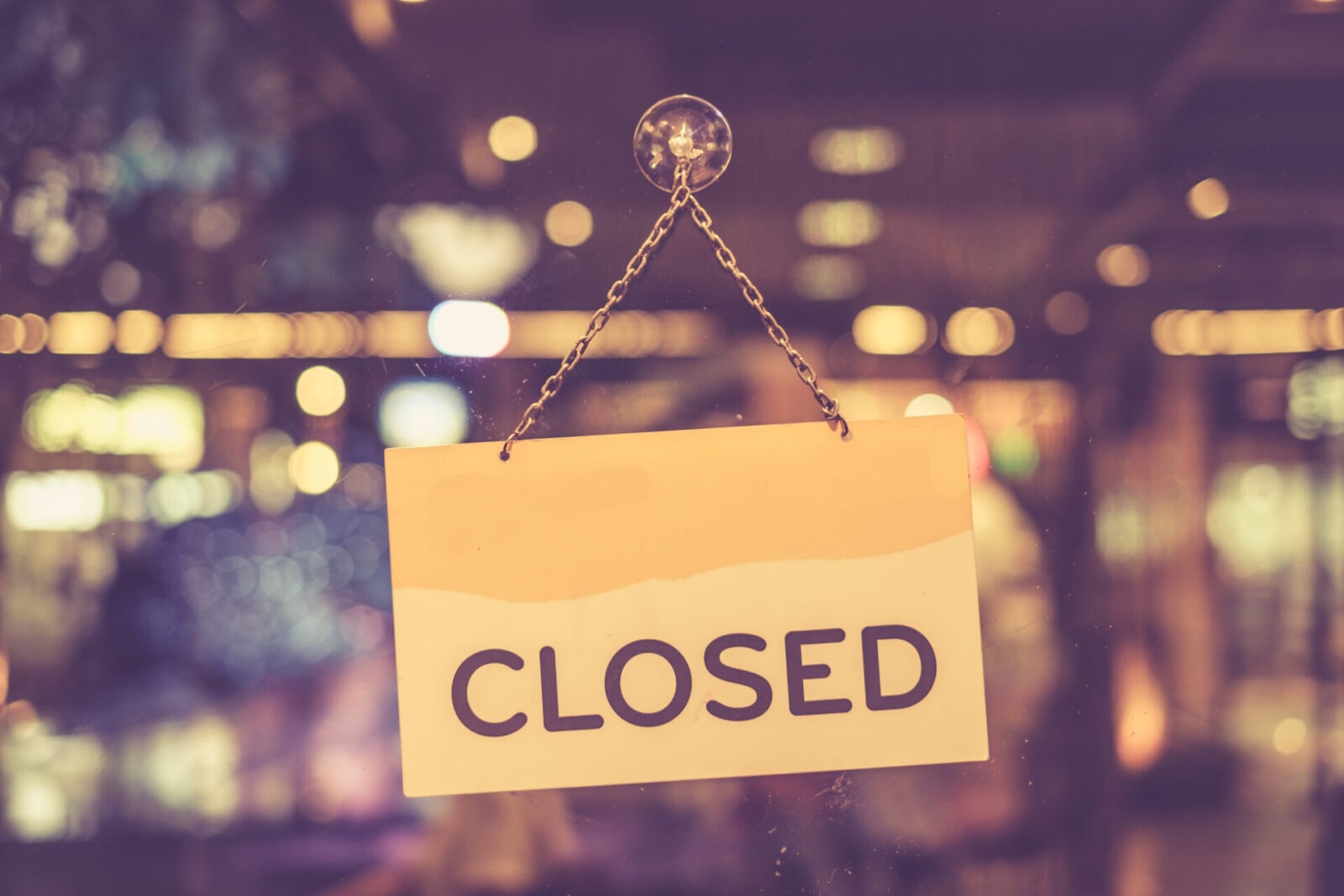
Corporate defaults are at their highest since 2008. Should we be worried?
Many businesses have watched the stream of crises since 2020 with a great deal of apprehension. First, we had the rupture of the pandemic, then the supply chain crisis, an unsettled geopolitical picture and then runaway inflation, to name but a few issues.
In that time, it’s felt more of a question of when a big recession would happen, rather than if. Yet the UK (along with much of the developed world) has avoided the kind of mass panic that underpinned the 2008 global financial crisis (GFC).
However, a new report from S&P has provided a timely reminder that corporates aren’t out of the woods yet. This blog takes a look at the study and asks what it means for businesses around the world.
The rhyme of history
Since 2008, a number of Hollywood films have focused on the select group of Wall Street savants who predicted the crash. Far too many commentators seem to have been inspired by these films and now predict impending doom on what feels like a daily basis, but sometimes, there is a legitimate discussion to be had about our shared economic trajectory.
S&P are about as mainstream as you can get in the financial world, which means their words and opinions carry considerable heft. A team of its analysts found that the number of companies who had defaulted on their debt obligations increased to 153 last year, up from 85 in 2022. America alone is carrying $13.7bn in corporate debt — that’s not even including the country’s mountain of consumer debt.
Shocked by higher interest rates, these companies have increasingly struggled to make larger payments, typically made up of principal plus interest. It’s a trend that has carried over into 2024, with more companies defaulting on their debt to begin the year than at any point since 2009. In Europe’s case, 2024 has began with twice as many defaults than any year since the GFC.
Should we be worried?
By this point the financial catastrophisers are most likely stocking up on vegetable seeds and prepping their rainwater collectors. There is cause for concern in the report, but you’d have to squint very hard indeed to see signs of an impending crisis of the same scale as the GFC.
Much of S&P’s analysis covers so-called “distressed exchanges”, which involve indebted companies relinquishing assets in exchange for a portion of debt. These exchanges are rare outside of some of the world’s largest companies.
For the majority of companies, the last few years have been a long slog. There has been a great deal of uncertainty about the future, and sadly, companies have fallen into insolvency amid a deteriorating economic landscape.
However, things are looking up. Interest rates are widely expected to fall soon as inflation returns to manageable levels, and confidence that this will be a short and shallow recession is growing. Companies should remain vigilant and always plan for the worst, but for now at least, it’s probably safe to put our doomsday kits back in the cupboard.
If you have a large upcoming transaction, could you afford to leave the cost in the hands of markets? Lock in a forward contract today and remove the risk.
To learn more about how Smart Currency Business can help you, give one of our friendly account managers a call on 020 3773 7402 or visit our website for more information.

 020 7898 0500
020 7898 0500